The 2010s have seen a lot of great and terrible films, but these are the most divisive movies of the decade. This has been a fascinating period to be a film fan, with the rise of social media further blurring the lines between critics and fans, and giving a new platform on which fandoms can make their case for a certain film or attempt to take it down completely.
With the growth of the MCU contrasted to the struggles of the DCEU, the return of Star Wars and subsequent outrage to it, Oscars backlash and then backlash to the backlash, and controversy around online aggregators such as Rotten Tomatoes, it’s no wonder that so many movies have been divisive from 2010-2019. Movies have always inspired plenty of passionate debate, and now there’s even more space to carry that out, albeit sometimes marred by things going a little too far.
Whether it’s a movie critics acclaimed but audiences hated, a film that fans adored but critics savaged, or ones that absolutely no one could seemingly agree on, there’s something particularly interesting about a movie that isn’t universally loved or loathed, but divides all opinion. That’s what the following films did, and why they’re the most divisive movies of the decade.
15. Godzilla: King Of The Monsters
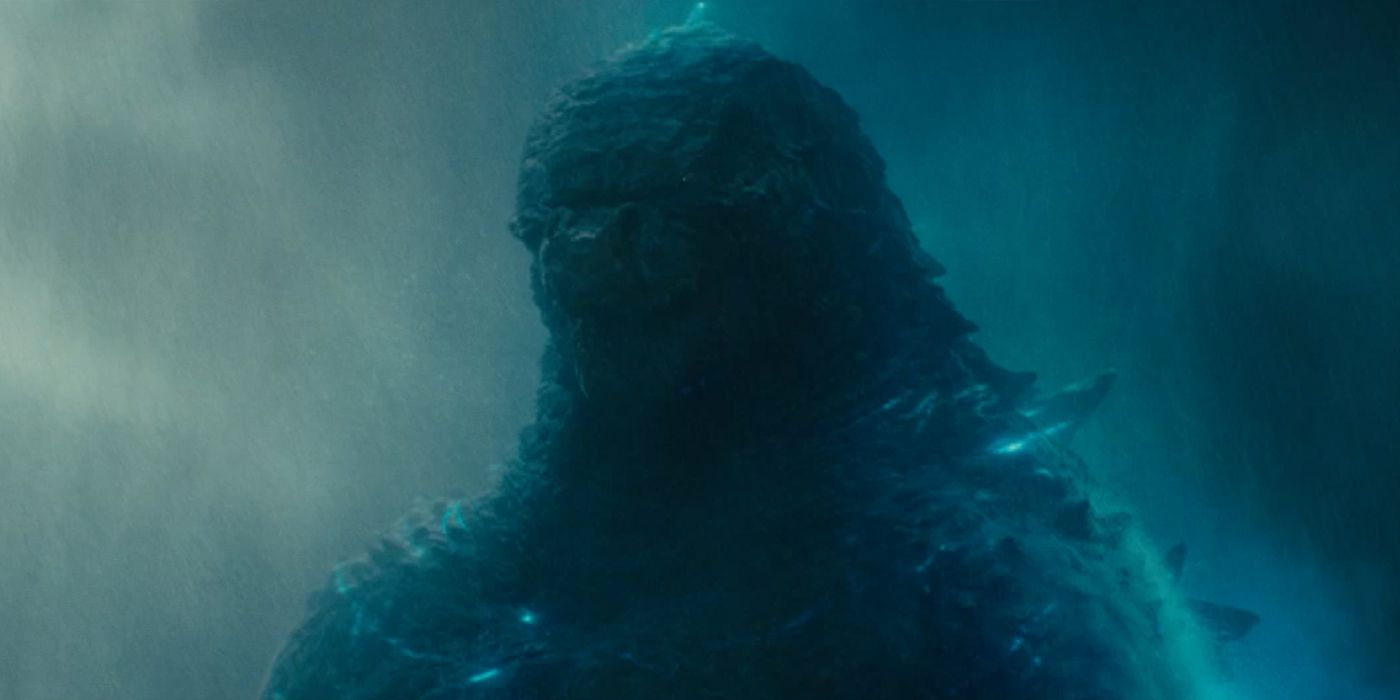
Godzilla: King of the Monsters was highly-anticipated coming into 2019, but the polarizing reactions speak to differing desires and expectations from various critics and cinemagoers. Those who went in simply wanting this to be a big monster mash-up that blended stunning visuals, epic action, and legendary kaiju were left completely satisfied. However, if you went in wanting something more from Godzilla: King of the Monsters, with a greater emphasis on and development of both story and human characters, then you were likely left disappointed, which is why reactions to this ran the full gamut of opinions, from 1 star disaster to one of the most fun movies of 2019.
14. Interstellar
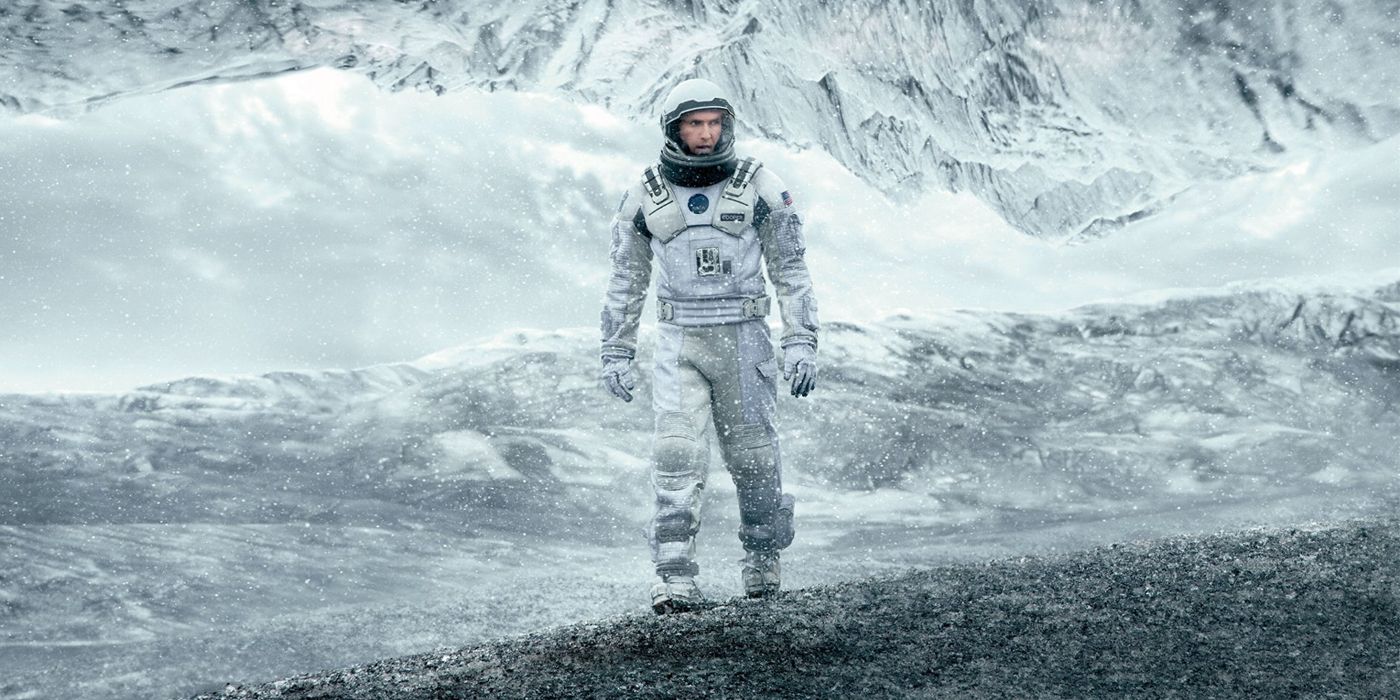
Interstellar marked Christopher Nolan’s first movie after the conclusion to The Dark Knight Trilogy, and as such there was a lot of pressure on him to deliver. Nolan rarely disappoints, and even harsh critics can agree its a bold effort, and a more personal and emotional one that many of his previous films. Where it really divides opinion, though, is Interstellar‘s ending, which finds Matthew McConaughey’s Cooper stuck in a 5D space, but able to communicate with his daughter, Murphy, through the bookcases in her old room and, thanks to Morse Code, giving her the tools to solve the gravitational theory and save humanity, before the pair reunite in Murphy’s future. It’s a sequence that essentially makes or breaks Interstellar, and alternates opinion between sci-fi masterpiece and ambitious yet overly-sentimental failure.
13. The Neon Demon
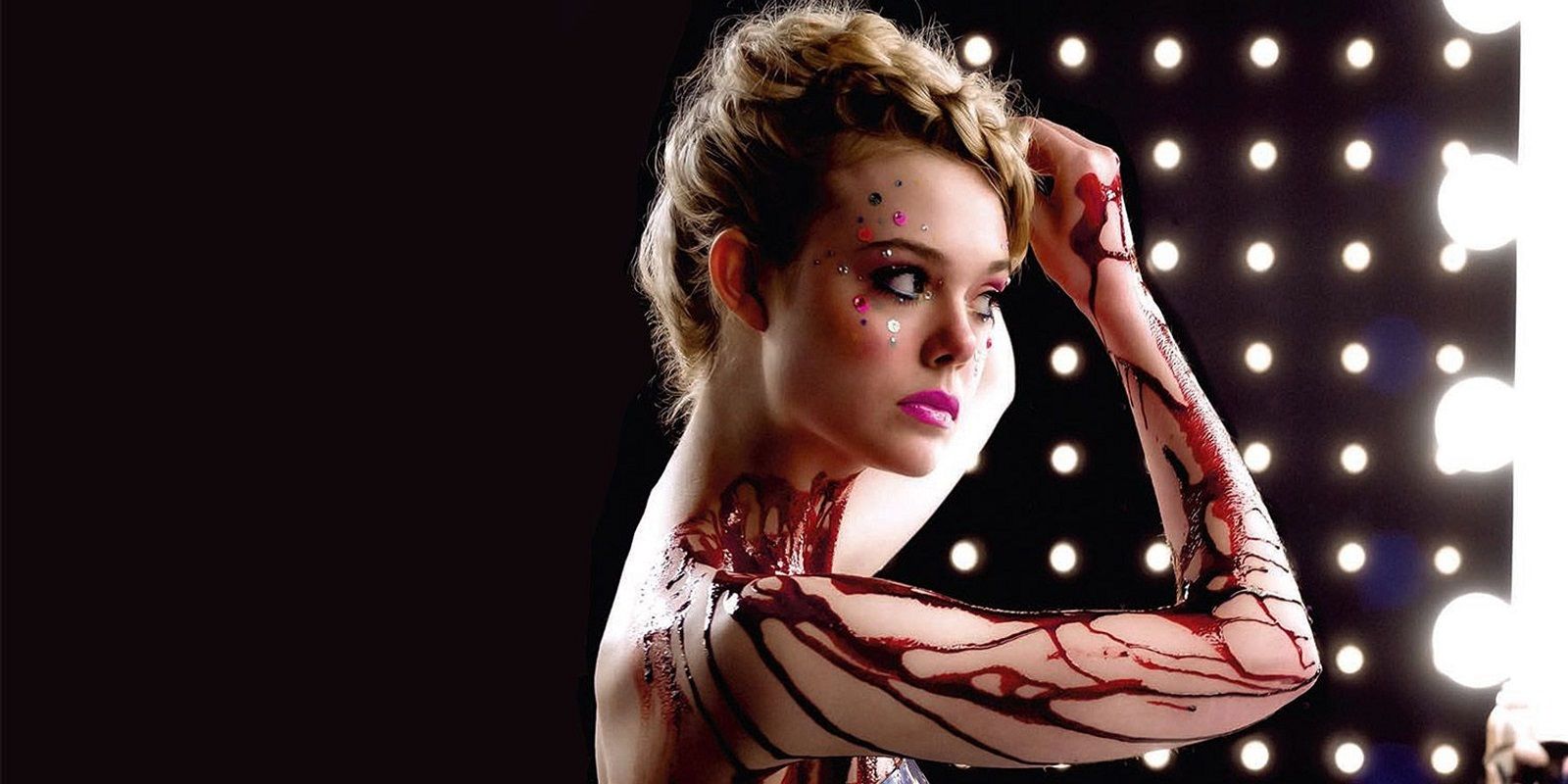
Nicolas Winding Refn movies are almost always challenging, and this decade none were more so to critics and general audiences than 2016’s The Neon Demon, a psychological horror starring Elle Fanning. Following the story of an aspiring model in Los Angeles, The Neon Demon opened to immediately divisive reviews, receiving a mixture of boos and a standing ovation when it premiered at Cannes Film Festival. Those who were with it praised the movie’s surrealism, visuals, and pushing of boundaries, while others derided The Neon Demon as derivative, ridiculous, and even offensive.
12. Spring Breakers
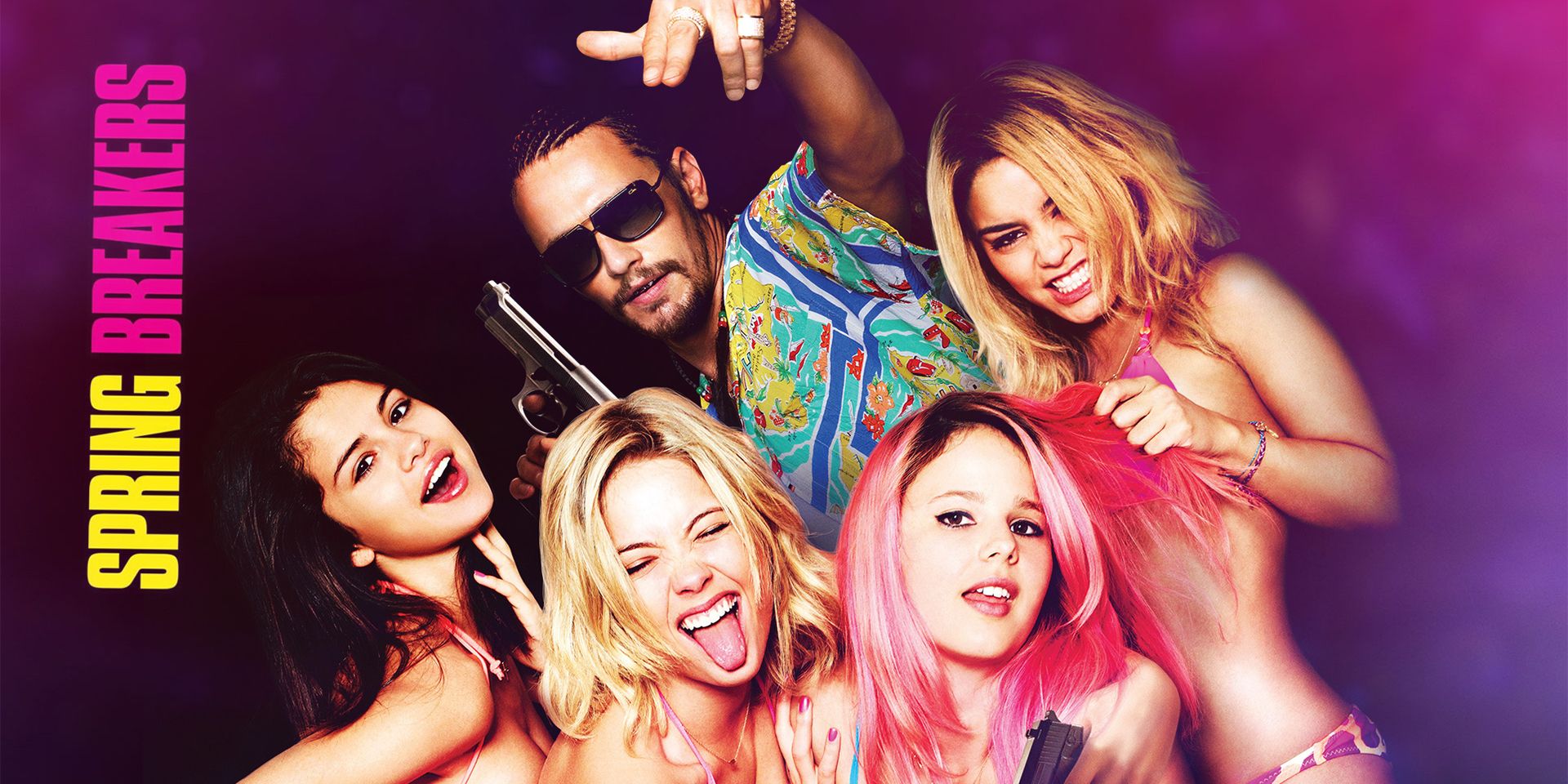
Harmony Korine’s Spring Breakers, released in 2012, follows a group of girls who attempt to fund their spring break vacation by holding up a restaurant, only to be arrested and then bailed out by a drug dealer called Alien. While the film’s reviews were reasonably positive, Spring Breakers also generated a lot of controversy over its depiction of women. Various critics argued that it was sexist and objectified the female cast and characters, with The Guardian saying it “reinforces rape culture”, whereas other commentaries have stated that it’s all the point of the film to empower these women, and allow them to do the same things men routinely do in movies.
11. The Hateful Eight
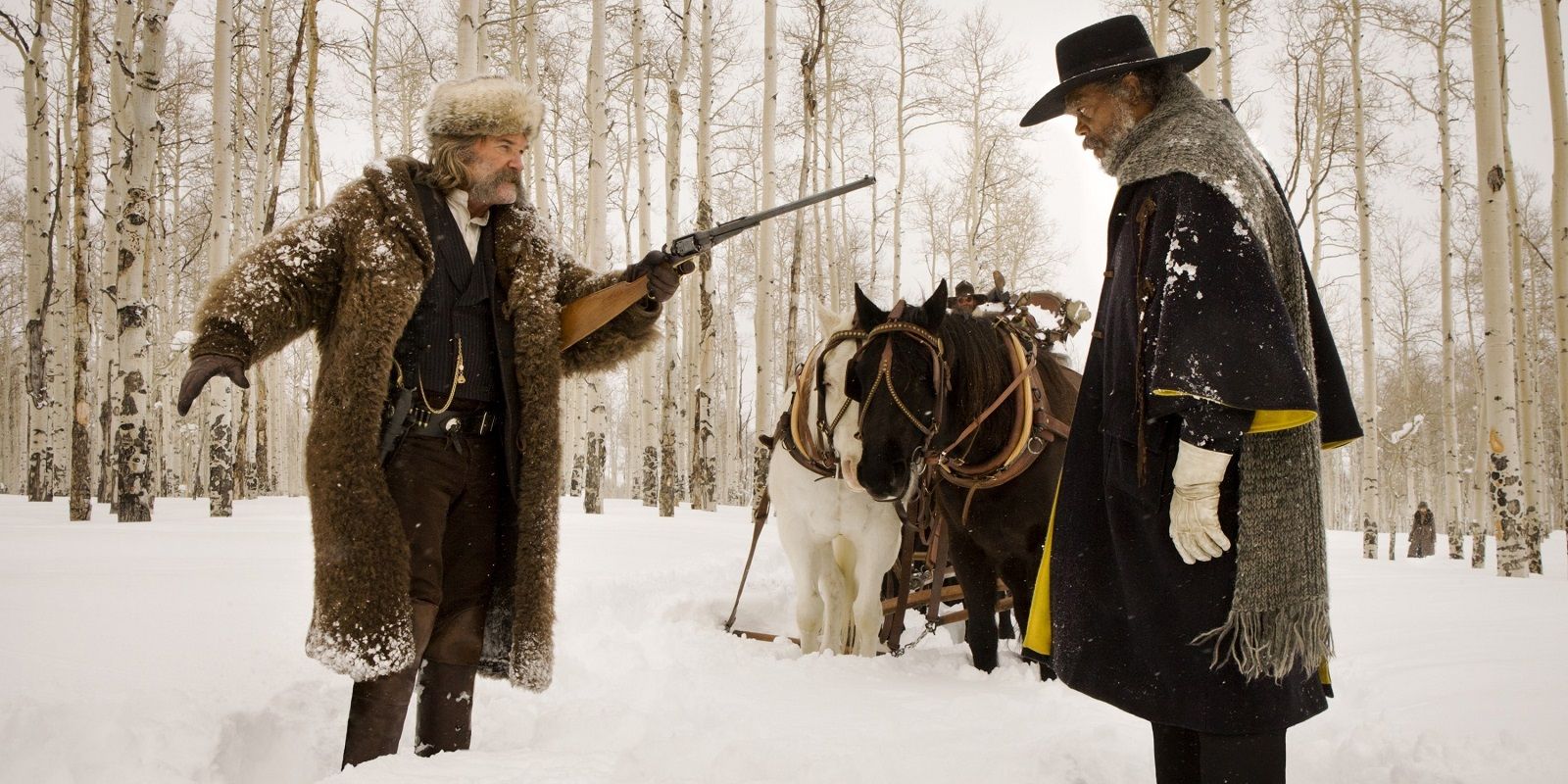
If it’s not controversial and divisive, is it even a Quentin Tarantino movie? The director loves to spark debate over his movies, and The Hateful Eight has had plenty. There have been criticisms over its handling of race, and even more so its depiction of violence towards women, while various police groups boycotted the movie after Tarantino attended a Black Lives Matter rally and commented on police brutality in the U.S. For all that, though, what really divides opinion on The Hateful Eight is still its quality (and runtime): there are plenty who see it as a smart thriller filled with his trademark dialogue, but it’s also often cited as his worst, most self-indulgent, and simply dull movie too.
10. Prometheus
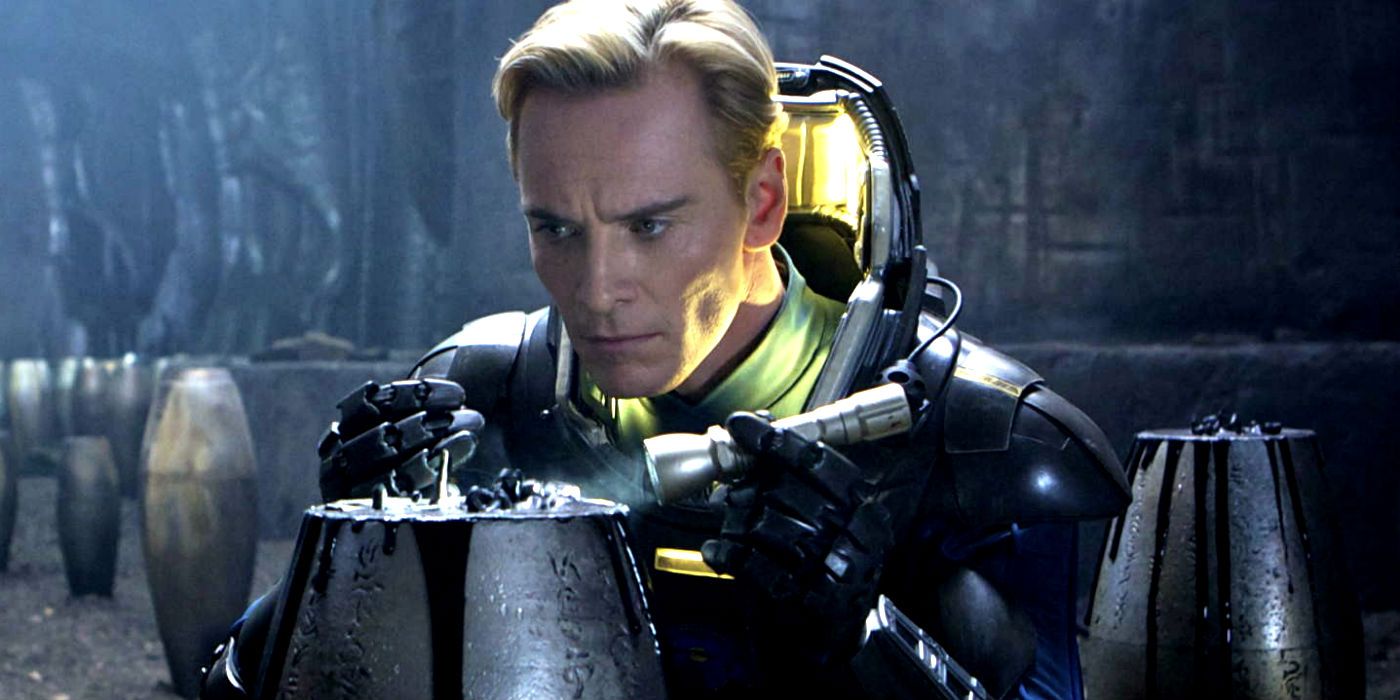
Fans and critics alike were (and still are) split on Prometheus, Ridley Scott’s first Alien prequel. It’s another where part of the problem is expectations, because many viewers were believing this to be a horror in the same vein as the original, whereas Prometheus instead tries for more grandeur and wants to tackle bigger themes about humanity’s existence. That it didn’t answer all of its big questions – while having a script from Damon Lindelof, then still-hated in parts of the internet for Lost‘s finale – only made Prometheus even more divisive, and led to Scott attempting to bridge the gap in Alien: Covenant by making it part-Alien, part-Prometheus.
9. Hereditary
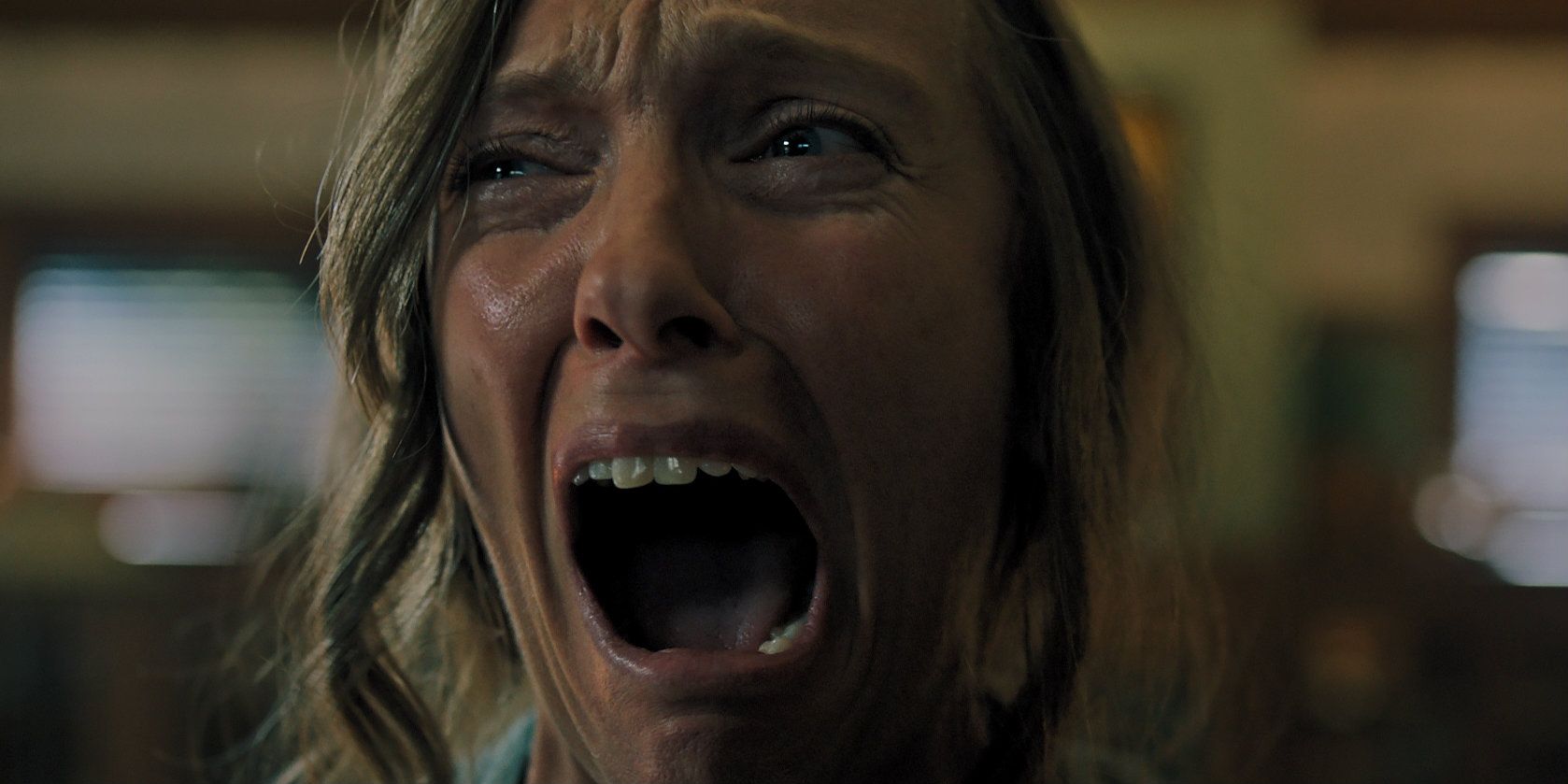
Both of Ari Aster’s movies to date have been divisive, but Hereditary was even more so than this year’s Midsommar. The horror has a lot more to it than first meets the eye, and with the scares came a whole lot of weirdness and some truly uncomfortable moments, alongside a story that involved a demon named Paimon, who happens to be a King of Hell. It’s not what many viewers expected, and while critics loved its boldness, themes, imagery, and performances, more general audiences simply didn’t get on board with Hereditary, with it receiving a D+ CinemaScore.
8. Venom
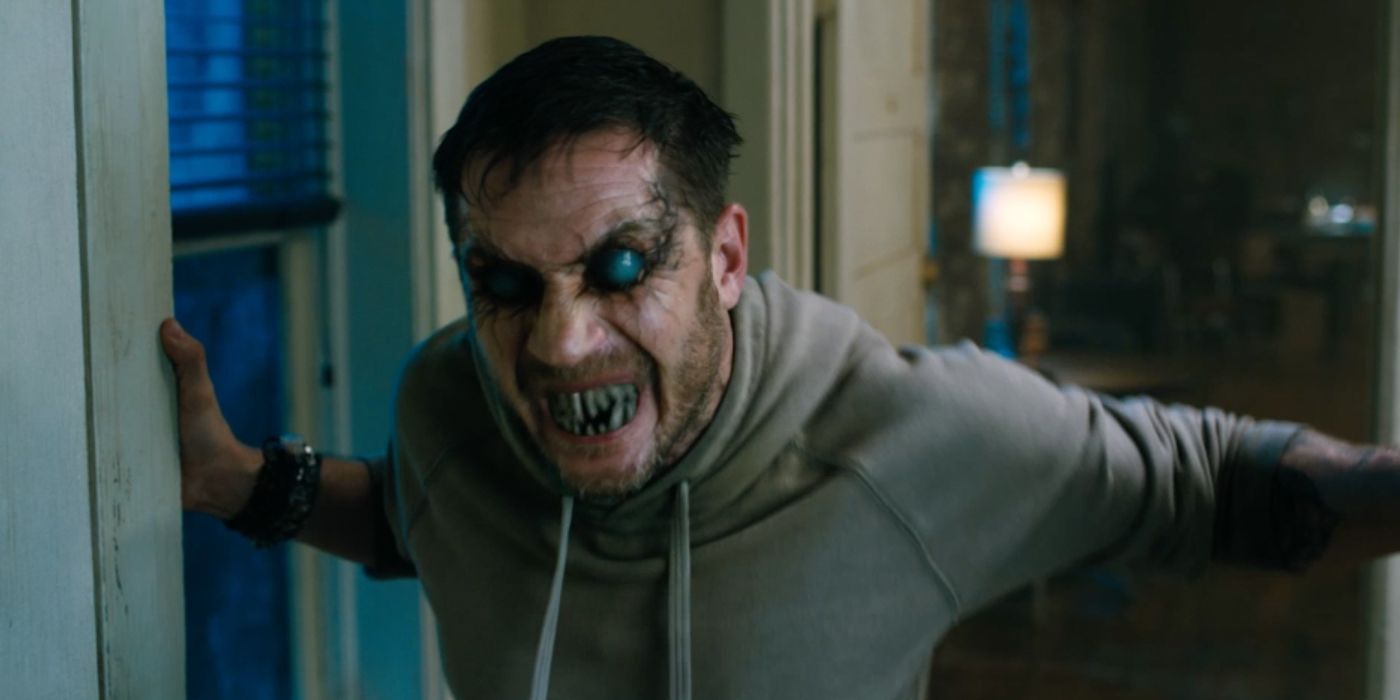
Venom is about a character who embodies two personalities, so it’s quite fitting that the reception was so split. The reviews for Venom were generally negative, calling out its writing, pacing, and action sequences, among lots of other criticisms, but audiences actually lapped it up. There was particular praise for Hardy’s performance, the twisted relationship between Eddie Brock and the symbiote, and the movie’s sense of humor in the second-half. Venom grossed $856 million at the box-office, making it a huge success, and has a Rotten Tomatoes audience score of 80%, contrasted to a Tomatometer of just 29%.
7. Blade Runner 2049
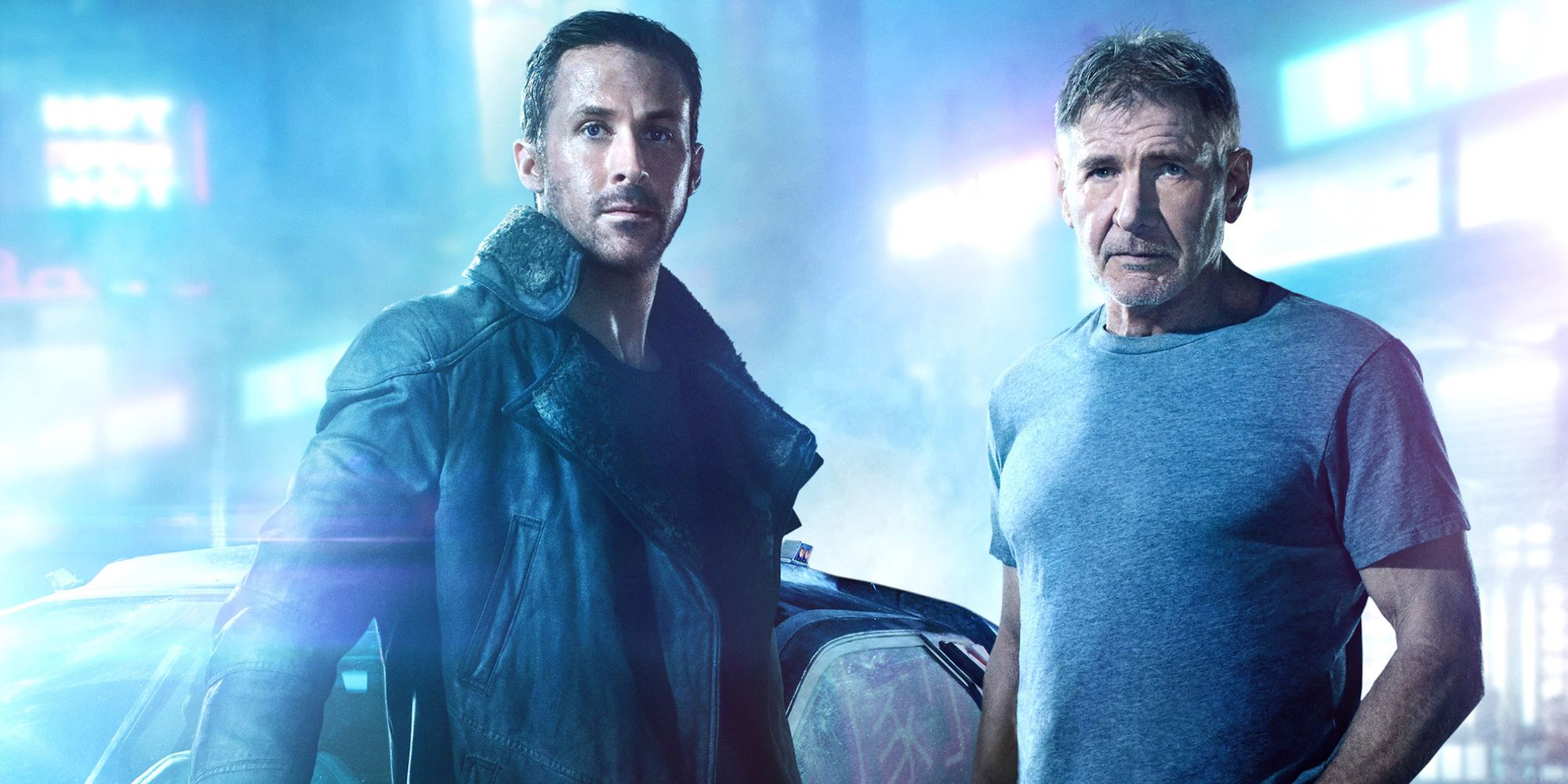
Blade Runner 2049, a sequel some 35-years in the making, was largely well-received by critics, who praised the film for its jaw-dropping effects and Roger Deakins’ cinematography, as well as a story that both advanced and deepened that of the original. A lot of audiences, however, were put-off by Blade Runner 2049‘s mammoth 163-minute runtime, which even Ridley Scott said was too long. That turned the Denis Villeneuve movie into a box-office bomb that its detractors will say is pretty to look at, but puts style over substance and agree with Scott’s comments about its length. Of course, the original Blade Runner wasn’t an instant hit either, so audiences may yet come around on this over time.
6. Suicide Squad
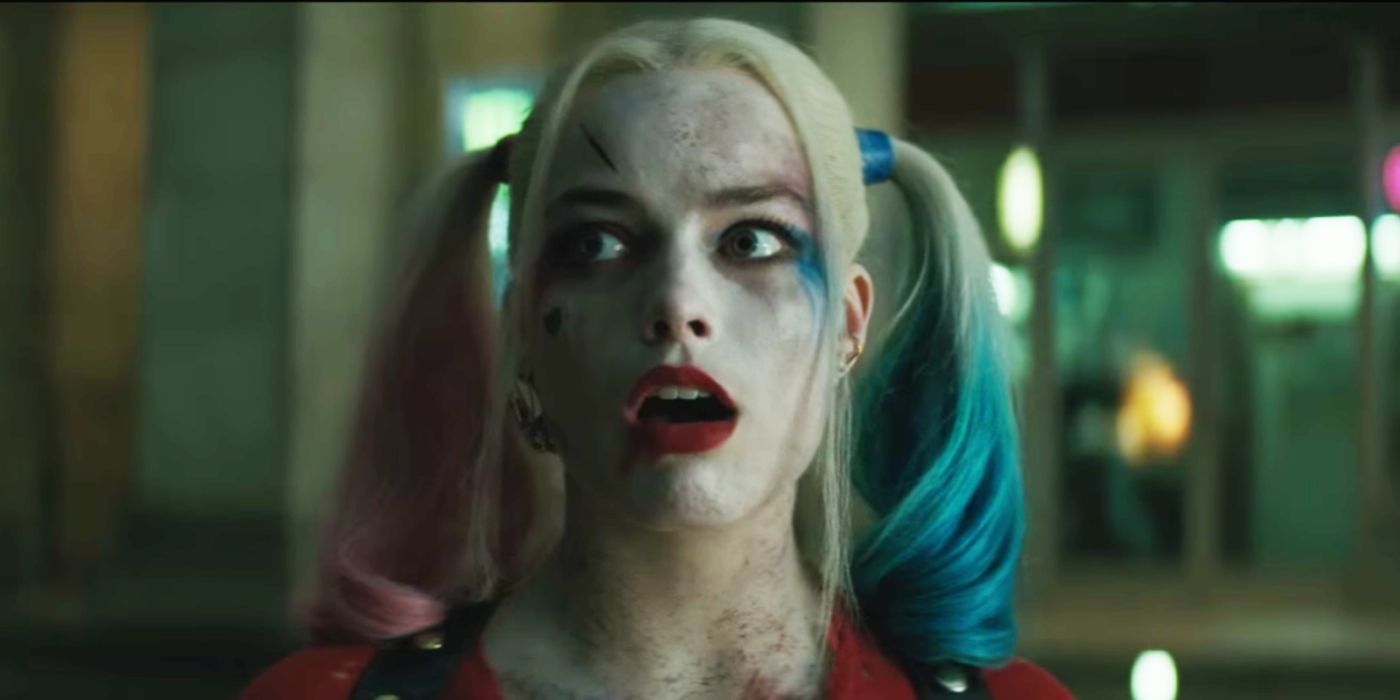
Like a number of the DCEU’s efforts, Suicide Squad represents a gap between general audiences and critics against the DC fandom, who have proved themselves to be extremely passionate and vocal in support of DC movies. Suicide Squad, which was clearly a victim of studio interference, was savaged by critics for its uneven tone, bad editing, plotting, and characters. Nonetheless, it made almost $750 million at the box-office, and inspired a strong response from DC fans, even targeting Rotten Tomatoes in defense of the film, and praising its visuals and above all characters and actors.
5. Melancholia
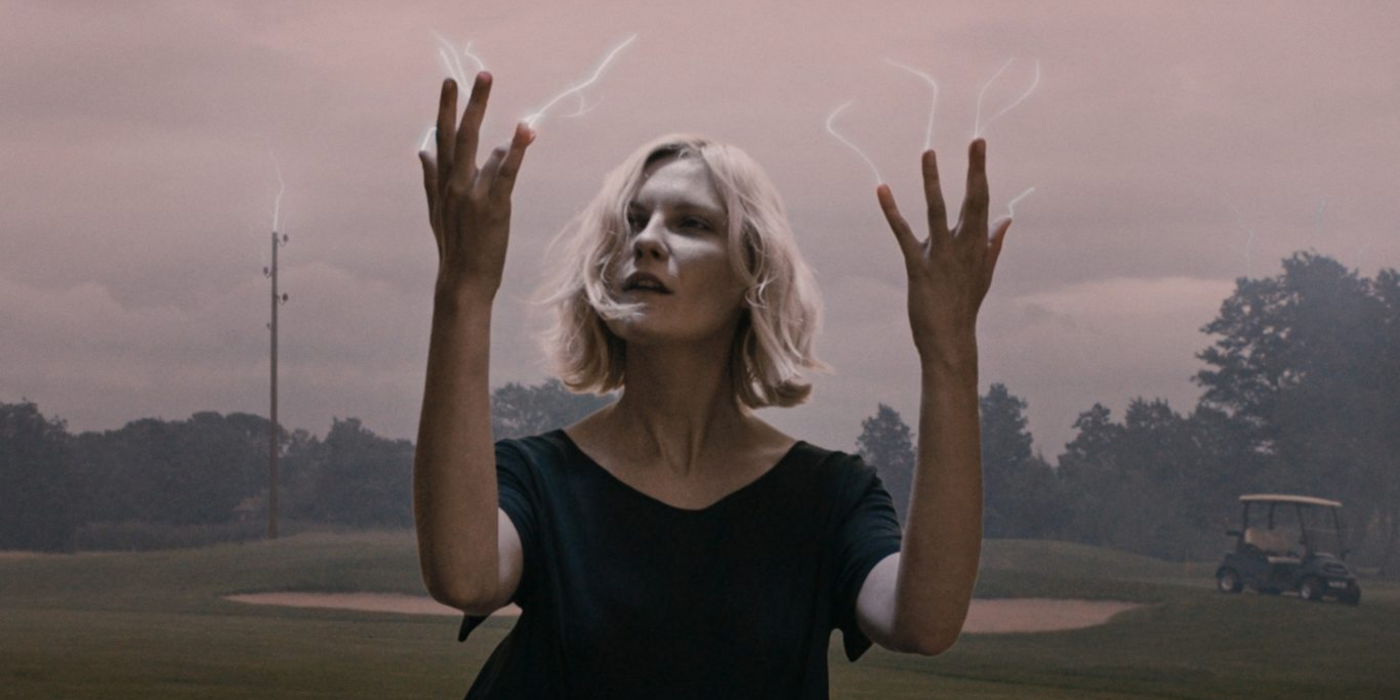
Being divisive and provocative is Lars von Trier’s thing, and something he’s continued to do a lot of this decade, but the standout effort in this regard is 2011’s Melancholia. Revolving around two sisters at the impending end of the world, Melancholia was polarizing almost by design. While some critics found its depiction of depression to be quite profound, whereas others found it a chore, and a study from Gizmodo UK back in 2017 found it to be the most critically divisive movie of the 21st Century, based upon the diversity between reviews on Metacritic.
4. The Tree Of Life
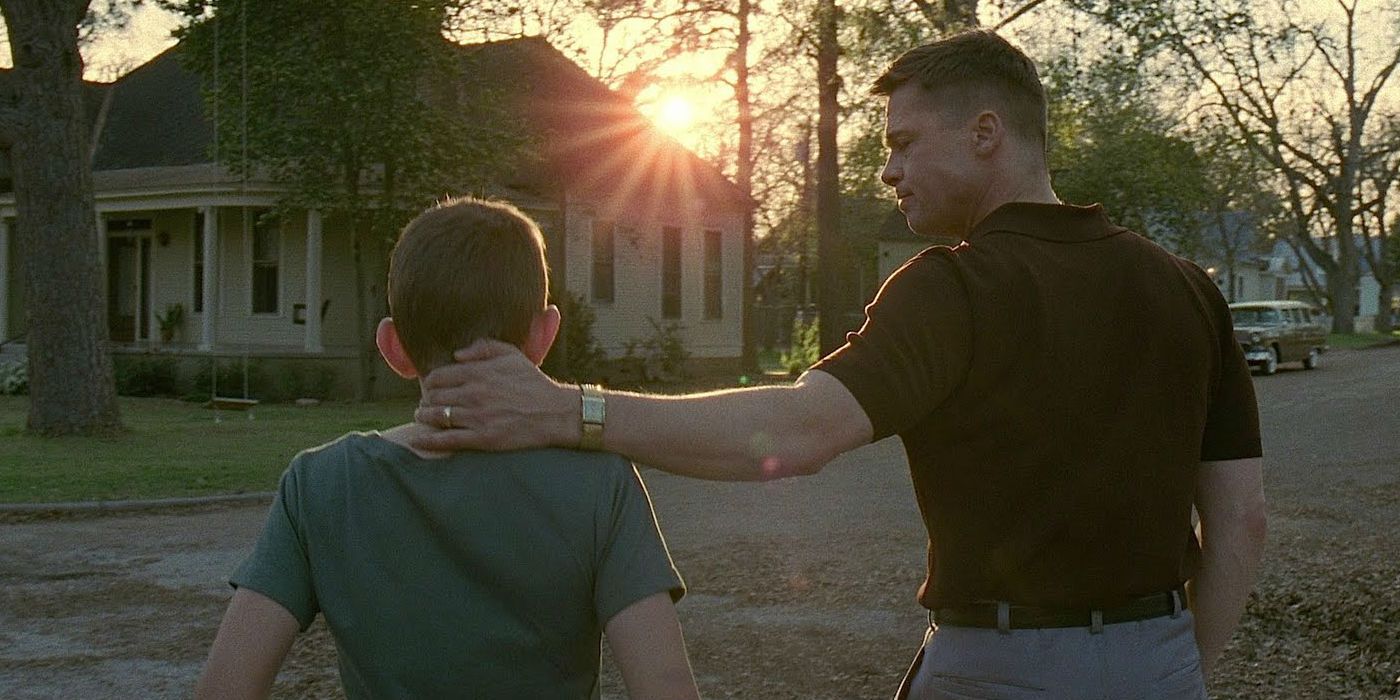
The Tree of Life is unsurprisingly divisive, given it’s an experimental film by Terrence Malick, which basically guaranteed that lots of critics were going to love it and think it profound, and many others were going to find it overly pretentious and slow. Which is what happened when it debuted at Cannes, receiving both cheers and jeers and initially receiving mixed reviews, although later ones skewed more positive. The Tree of Life is a challenging movie, and one that more general film audiences are less likely to love, but one that was also given plenty of praise, including winning the Palme d’Or.
3. Batman V Superman: Dawn Of Justice
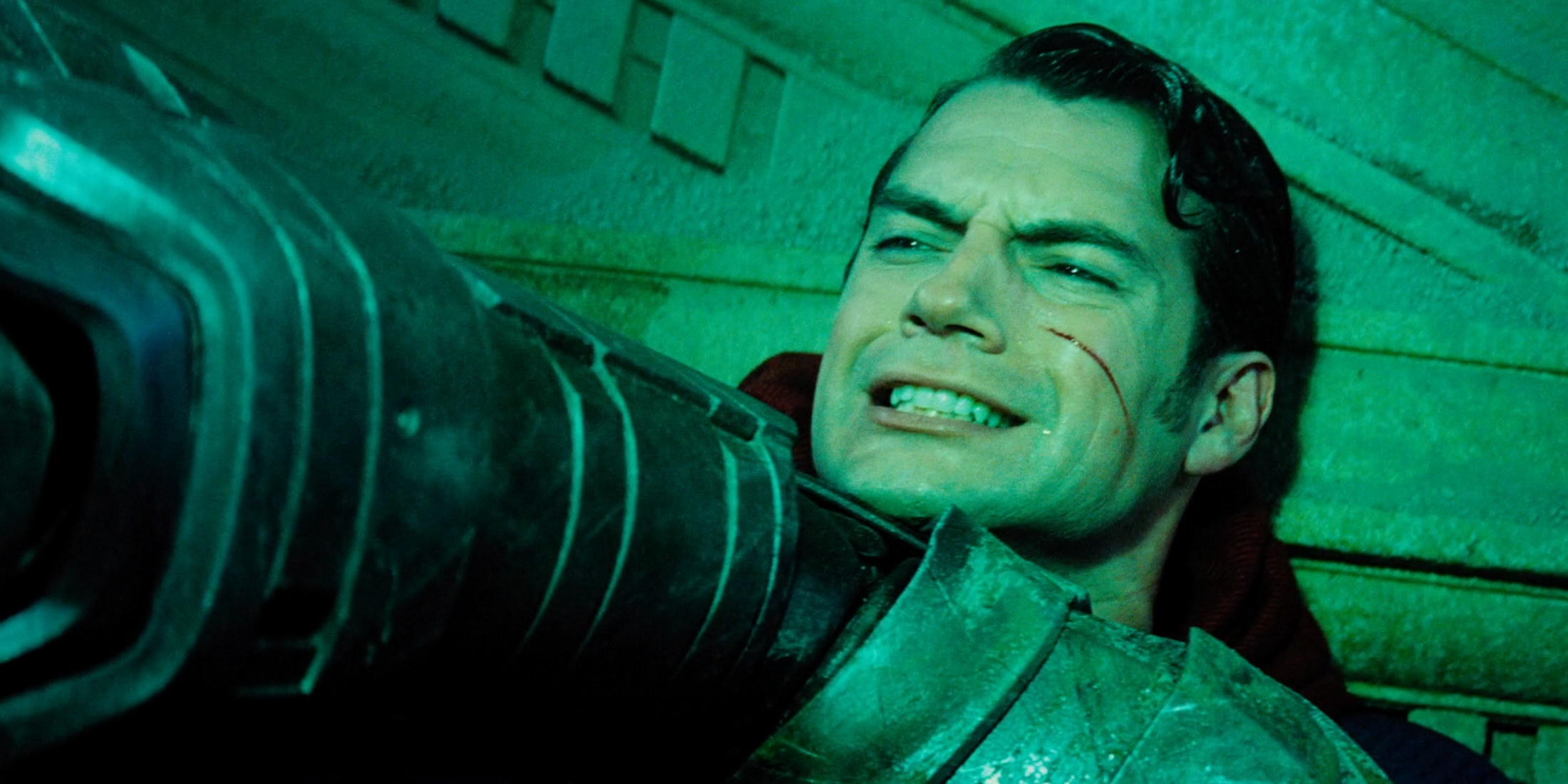
Back to the DCEU, and while Suicide Squad was divisive, it wasn’t nearly so much so as Batman v Superman: Dawn of Justice, which was really the starting point of a whole fans v critics debate around DC movies. Batman v Superman was mauled by critics upon release, who criticized its grimdark tone and incoherency, helping to cause a huge second-week drop-off at the box-office. At the same time, it received a solid ‘B’ CinemaScore, has developed a legion of die-hard fans, holds a 63% audience score on Rotten Tomatoes (against 29% from critics), and remains the kind of movie that can instantly start a furious debate with just a mention of its name.
2. mother!
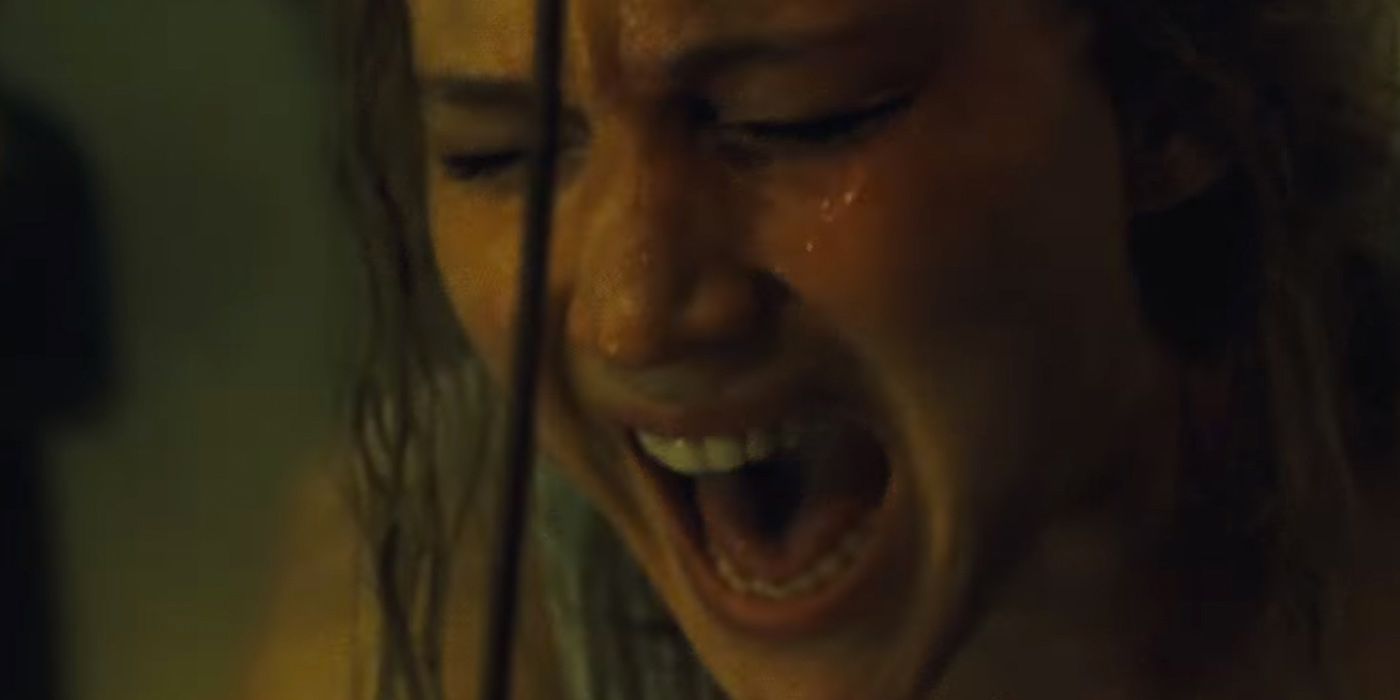
Darren Aronofsky’s mother! is another film that’s almost made to divide audiences and elicit strong reactions, regardless of whether they’re positive or negative, although the misleading trailers didn’t help: what looked like a horror movie was instead a violent, twisted biblical allegory, which wasn’t what many cinemagoers had signed up for. While Jennifer Lawrence’s performance was widely praised, the rest of the film, from its religious overtures to disturbing sequences, has been both acclaimed and reviled; mother! received reviews giving it 0 stars and 5 stars, an F CinemaScore, and can provoke standing ovations or walk-outs halfway through.
1. Star Wars: The Last Jedi
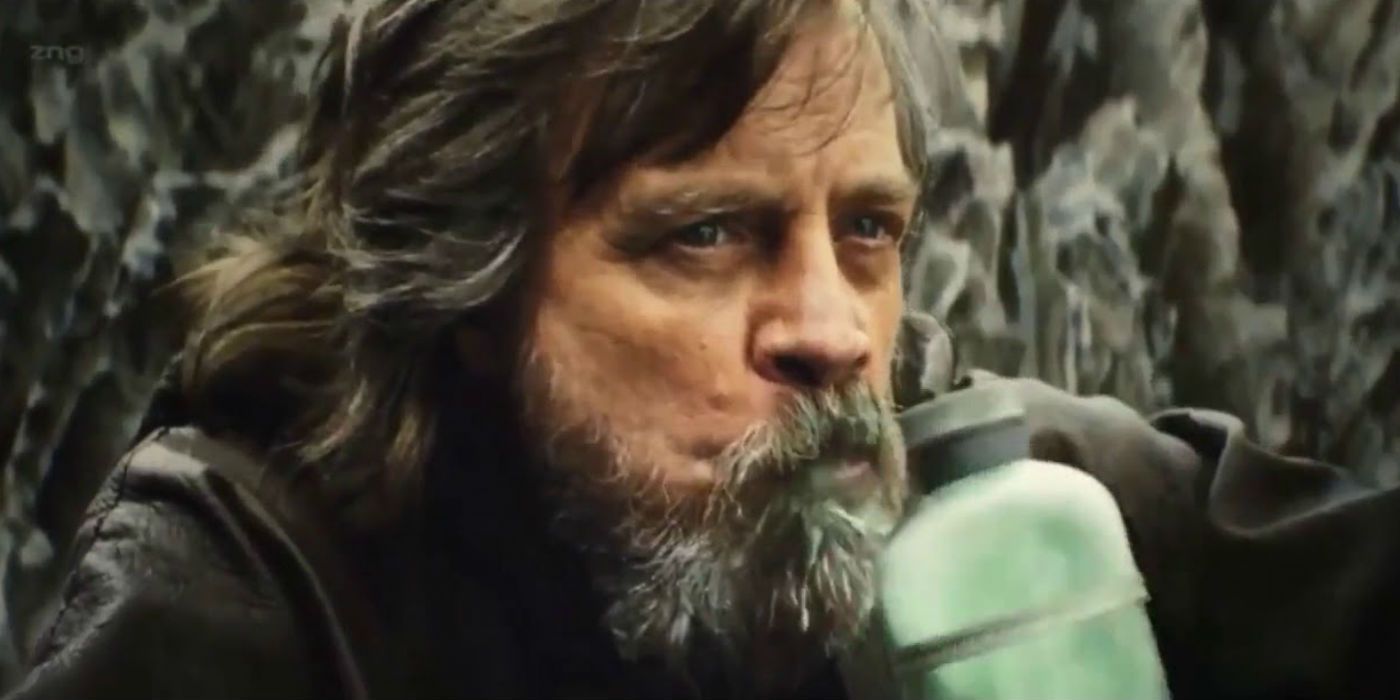
Of course, the most divisive movie of the decade is Star Wars: The Last Jedi. This is the divisive movie, and one that even now can start an argument in an empty cantina. While the first wave of critical reviews to Star Wars: The Last Jedi were very strong, once audiences saw it things changed massively, opening up a huge divide in the Star Wars fandom that still hasn’t been fixed. Where some saw something bold and new that pushed the franchise forward while respecting the past, others saw a film that had complete disregard for what had come before and essentially ruined the saga, or at least the Sequel Trilogy. There have been petitions, online abuse, calls for boycotts, and almost daily debates as to the merits of Star Wars: The Last Jedi. The only thing anyone can seem to agree on is that, yes, it was (and is) divisive.
Honorable Mentions
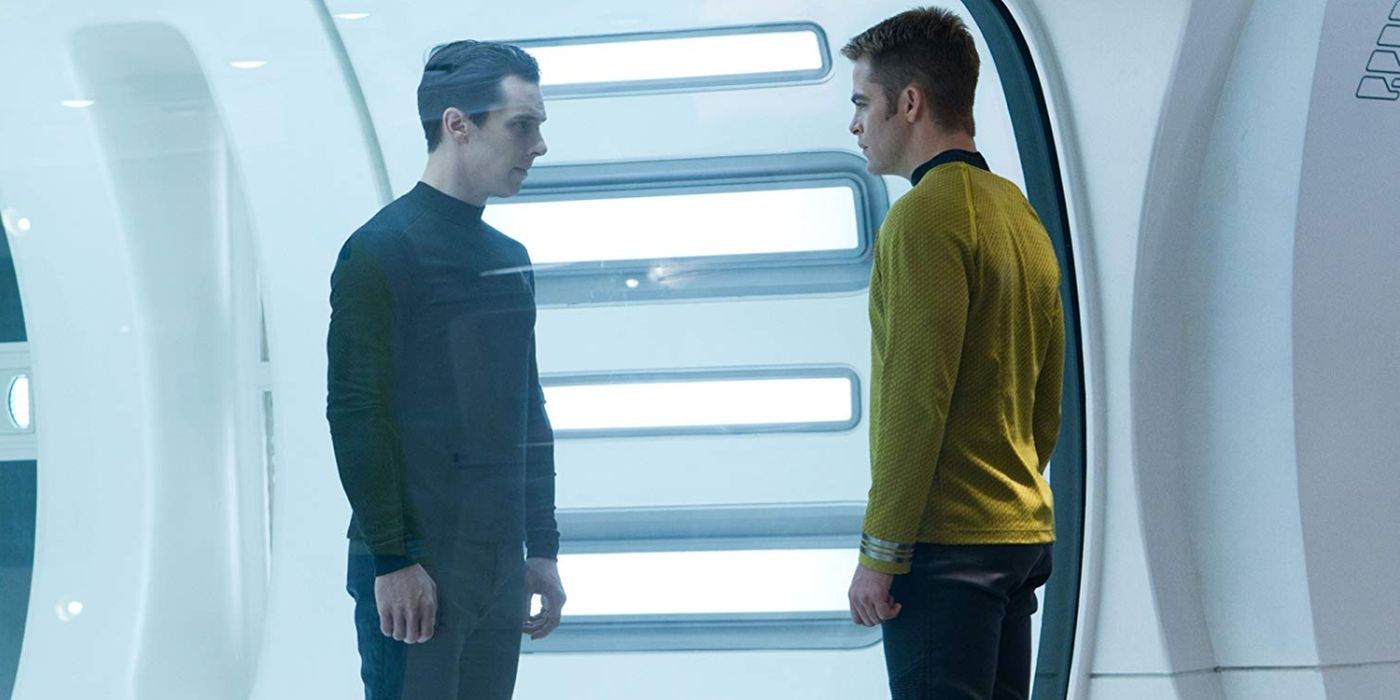
- Boyhood
- Cosmopolis
- The Counselor
- La La Land
- Star Trek Into Darkness




